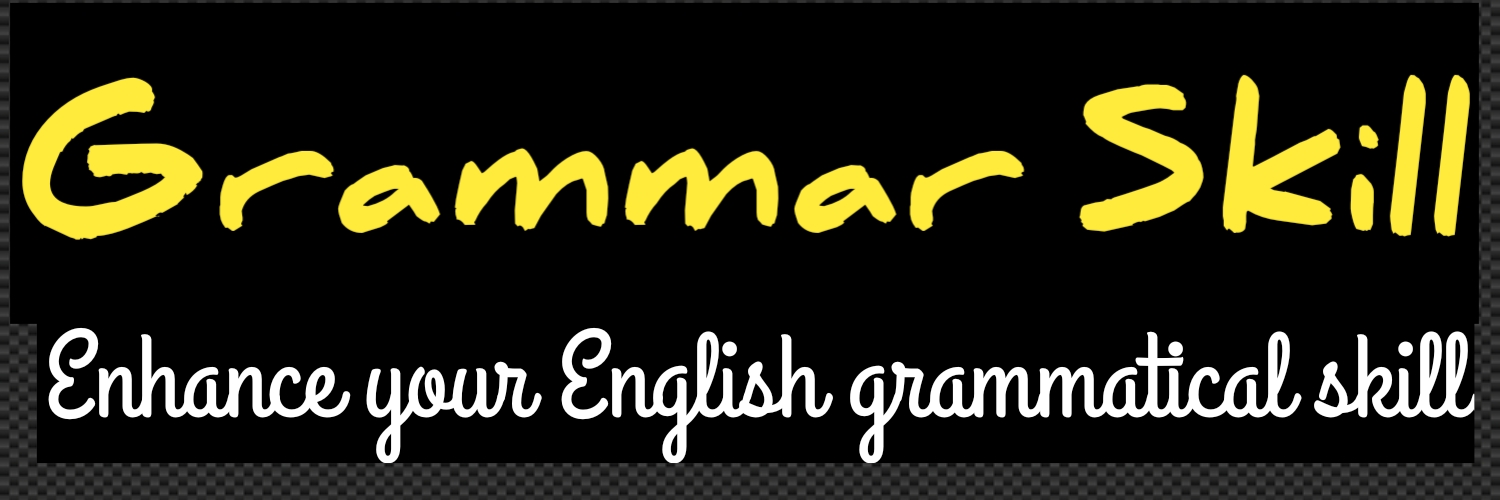LEARN PREPOSITION WITH EXAMPLES
Have you ever thought of a different way of learning preposition? how will it be if we learn the uses of prepositions with some easy examples and not with the help of monotonous rules? I think this way of learning will definitely help you more while memorizing the right uses of prepositions and implementing them in a sentence. Now, as we all know that rules is an integral part of learning grammar, hence, we aren't here to ignore the rules at all but to understand and memorize the rules in an interesting way i.e. through some easy examples.So let's get into the topic without beating around the bush much.
USES OF PREPOSITION 'AT'
- The meeting is scheduled at noon.
- It might rain at night.
- My father is at home now.
- My sister is at school.
- Look at me.
- Someone is waiting at the door.
- She is in Mumbai at present.
- He sacrificed his life at war.
- Mr. Roy is still very strong at the age of sixty.
- The fruits are being sold at 3 dollar a kilo.
- We will have burger at dinner.
- They are at work.
- I studied at this university.
USES OF PREPOSITION 'IN'
- Nelson Mendela was born in 1918.
- They will come here in february.
- I have to attend the meeting in time,
- The train is running in time (note: in time = before time, on time= punctual time)
- Do not run in the sun.
- the tutor comes in the morning/evening. (note: but at noon/night/dawn)
- He is no more in power now.
- Don't go outside at night, you could be in danger.
- The car is parked in the shade.
- Observe the man who is standing in the corner of the room.
- We do not pay salary in cash. (note: we pay salary only by cheque.)
- I paid him in advance for buying the antique watch.
- The article is written in black ball point pen.
- Wait a little, I'll be ready in five minutes.
- Vegetables are rich in minerals.
- We'll meet in Christmas. (note: Christmas= festival, but on Christmas day = denotes the day only)
- The batsman hit the ball in the air. ( note: but on land/sea)
USES OF PREPOSITION 'ON'
- I'll see you on Sunday.
- My examination starts on 4th may.
- The train is running on time. (punctually )
- I'll meet you on Christmas day.
- The mangoes on the tree are ripe.
- The market in feeder street was on fire last night.
- Kolkata is on the Hooghly.
- In our city e-rickshaws are not allowed on highroads.
- He is on the way to London.
- He resides on the north side of the city.
- East Indian people live on rice.
- The family live on Mr. Roy's small pension.
- I go to school on foot. ( note: but by car/train )
- The watchman is not on duty.
- He said this on oath.
- She wrote an article on the recent socio-economic condition of the country.
- The supply of the product is depended on the demand.
- She is working on empty stomach.
USES OF PREPOSITION 'BY'
- We need to travel by boat to reach there.
- I know him by his name only.
- It is 11:30 by my watch.
- The company sent the appointment letter by post.
- He informed us about his success by a letter.
- The police suspects that the man is died by poison and not by accident.
- The bedroom of this flat is 6 meters by 8 meters.
- All the document has been destroyed by fire.
- We pay salary only by cheque and not in cash.
- A report says that after Ebola broke out in that region, the disease turned into an epidemic and people died by thousands.
- The coconut tree was struck by lightning.
- He is older than me by only two months.
- I think the letter should reach you by next Monday.
- I pray for your success by my heart.
- You can sit by me if you want.
USES OF PREPOSITION 'TO'
- He did it to his cost.
- Add some sugar to the boiling water.
- She is singing to the harp.
- When do you go to bed?
- The syrup is sweet to taste.
- The thief was beaten to death.
- The soldiers fought to the last man.
- Eight is to sixteen as one is to two.
- It is now five minutes to seven.
USES OF PREPOSITION 'FOR'
- It is a small gift for you.
- This shirt is big for his age.
- After defeat they fled for their lives.
- We should have respect for elders.
- Don't take for granted the people closest to your heart.
- The avocados are being sold at three for a dollar.
- Can you tell me the time of the next flight for Newyork ?
- They stayed there for five days.
- This flat is for sale.
- Mr. Roy bought a car for 15000 dollar.



